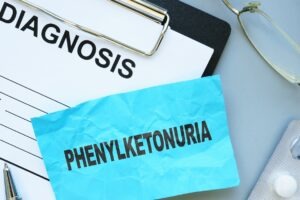Novartis has signed a collaboration and licence agreement with the Drugs for Neglected Diseases initiative (DNDi) for the joint development of LXE408 as a new oral drug for the treatment of visceral leishmaniasis.

Novartis and DNDi join forces to develop LXE408 for visceral leishmaniasis. (Credit: Novartis AG)
Subscribe to our email newsletter
LXE408 was discovered at Novartis with the financial backing of the Wellcome Trust.
According to Novartis, more than a billion people across the world are at risk of being infected with leishmaniasis, which is transmitted by the bite of a sand-fly. Visceral leishmaniasis is the most serious form of leishmaniasis, which if left treated can lead to death.
Novartis said that treating visceral leishmaniasis is complex as it depends on the species of infecting parasite and the country, and also because treatment responses vary from region to region.
Novartis global health chief operating officer Lutz Hegemann said: “Novartis has a long-term commitment to neglected tropical diseases that spans several decades. Diseases caused by kinetoplastid parasites, such as leishmaniasis, are one of our strategic research priorities and, together with our partners, we have developed a promising portfolio of drug candidates.”
As per the terms of the agreement, the Swiss pharma company will take care of completing phase I clinical trials of LXE408. Apart from that, the company will take care of pharmaceutical development and regulatory submissions of the compound.
If approved, Novartis has committed to distributing the potential visceral leishmaniasis drug on an affordable basis across the world with a focus on maximising access in endemic countries.
DNDi, which is a not-for-profit research and development (R&D) organisation, will lead the phase 2 and phase 3 clinical development of the compound.
The first Phase 2 study of LXE408 is slated to begin in India early next year. More clinical trials are planned to be held across East Africa, which is known to have a high number of cases of visceral leishmaniasis.
DNDi executive director Bernard Pécoul said: “Existing treatments for visceral leishmaniasis are simply not good enough. They are too long, increasingly ineffective, and can be toxic, painful, and costly.
“Our hope is to radically transform this by developing new oral drugs that are affordable, safe, effective, easy to take, and can also be adapted to meet the treatment needs of patients in different countries.”
 Advertise With UsAdvertise on our extensive network of industry websites and newsletters.
Advertise With UsAdvertise on our extensive network of industry websites and newsletters.
 Get the PBR newsletterSign up to our free email to get all the latest PBR
news.
Get the PBR newsletterSign up to our free email to get all the latest PBR
news.

